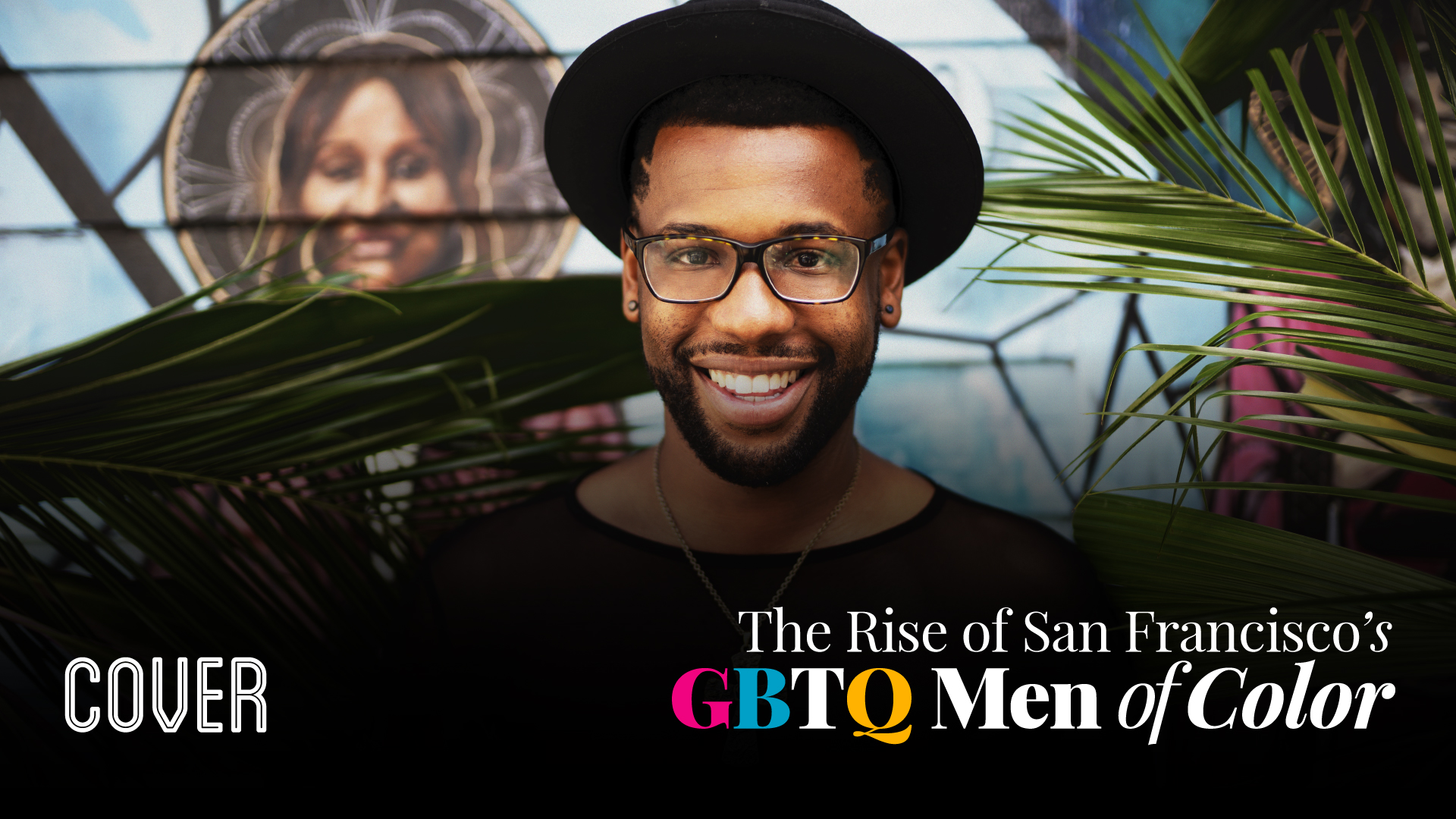
The Gospel According to Jean-Paul Jones
■ PAOI EULALIA
Cover shot on location in San Francisco’s Mission District. Director of Photography D. Maurice Gil adelantetv.com Production Assistant David Robson
The stupidest question I may have asked West Edge Opera’s Jean-Paul Jones was “Where are the black opera singers?”. Either he is patient or he just doesn’t have the time to deal with ignorance. “Go see some operas,” he cheerfully quips. While making light of race issues is a way to cope, there is seriously a sense of racial disrepresentation around the fact that realms like politics, fashion, and the classical music industry are white-dominated. Jean-Paul breaks my idea of a black stereotype with his zen demeanor.
What was your childhood like? My family moved to Santa Clarita, a mostly white town, when I was six and still remember the shock I felt when I realized I am black. From my perspective, all of the kids went from black at my school in Inglewood to white at my new neighborhood. There were bits of racism during school from parents and students. When I realized I am gay was a time when “a thing for black guys” hadn’t happened yet. Another big challenge was having other black friends.
When did you realize you were gay? Seventh grade in a locker room. I had subtly known I liked boys and was always flamboyant in grade school but being in that locker room with raging hormones and a bunch of boys changing was a huge wake up call. All I could think was “I am not supposed to be in here” and I all but ran out of the locker room in horror. I joined sports so that I wouldn’t have to change with as many boys and be around locker room talk as much.
Did you ever feel that being black and gay limited your potential? I remember in high school, one of my friends’ father said to me “Damn, you’re gay and black? You’re going to have a tough life kid.” If anything, being gay and black has made me push just a little bit harder to make my light shine brighter to those who may be prone to overlook me.
Why do you think there are very little black opera singers? In my experience, there simply are not a lot of black opera singers in the Bay Area because of the opportunities and schooling that exist in this region. There are only a handful of vocal performance programs at the university level and as many opera companies
What about being a Catholic school music teacher do you love? I was raised Baptist and in college, I started working and singing at a Catholic church so I have always gone to church. Since then, I have learned the music and liturgy at an academic level. My experience working in different churches with different musical styles has given me a unique perspective on the subject and I honestly feel “called” to give students a positive relationship with sacred music. I also love being able to include sacred music in my curriculum because at public schools you can’t say “Jesus.”
You are now in a point in your career in music where you’re working with the Bay Area’s respected producers like West Edge Opera. Was your story an “against all odds” kind of story or sheer luck? One thing people may not think about is how expensive it is to be an artist. I have felt like all odds were stacked against me because of financial limitations. I think my talent has kept me in the game this long despite financial barriers. I believe that if you know your strengths and stay in the game long enough, your chance will come. As for luck, let’s just say that I wouldn’t be singing with West Edge Opera if my good friend Sam Faustine hadn’t referred me.
How do you think can we achieve true racial equality, at least in the LGBTQ community in San Francisco? I don’t know if we can reach racial equality because the causes are so deep and complex. Are we going to ask white people to have less money, privilege and success? Are we going to make sure black youth are getting a better education and financial resources? Are we going to stop fetishizing and, adversely, filtering our sex partners based on their race? To quote the Broadway musical Avenue Q “If we all could just admit that we are racist a little bit, even though we all know that it’s wrong, maybe it would help us get along.”



